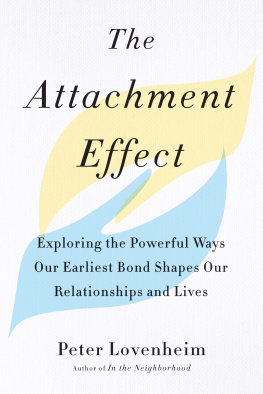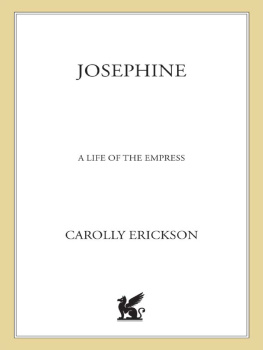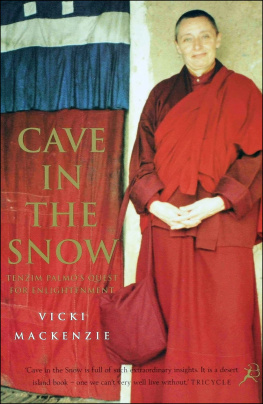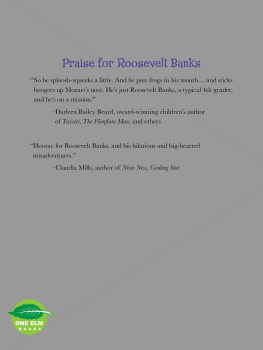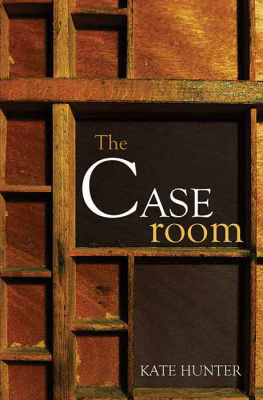Praise for The Rose of Martinique:
Its a story worthy of a blockbuster novel, and its all true. Oodles of sex passion, adultery, media hype, decadence, plots, murder, mayhem, anguish and betrayal fill these pages.... This is an enjoyable, well-researched book; I didnt want to reach the end.
New Statesman (UK)
By setting Josephine in her Caribbean context and exploring what it meant to be a colonial immigrant in eighteenth-century France, Stuart has provided genuinely new insights into the life of a woman who, no matter how far she traveled from her humble beginnings, would always be known as The Rose of Martinique.
Mail on Sunday
Easily the best biography in English of this fascinating and alluring woman.
Andrew Roberts, author of Napoleon & Wellington
Andrea Stuart is a talented writer who brings fresh perspective to The Rose of Martinique.... The author, who grew up in the Caribbean, has done her research and tells a fascinating story. [She] makes the case for Josephine as the quintessential Creole.... Anyone who visits Martinique is struck by the warmth with which the people there speak of Josephine. Andrea Stuart makes it clear why.
The Washington Times
Unfailingly interesting: a life of a woman often overlooked in the vast library of Napoleonic studies.
Kirkus Reviews
[Stuart] makes the story exciting and touching.... What makes this book such a good read is the extraordinary story, well told, of Josephines own life during fascinating, frightening times, in the company of famous contemporaries and admirers.
Literary Review (UK)
Stuart tells her story well, expertly weaving in the necessary political and historical events. [She] makes a good case for Josephines sensuality as being something that made her forever marked by her birthplace.
Sunday Times (UK)
A great story as told by Stuart it brings fresh insight into just what influence Josephine enjoyed.
The Memphis Flyer
THE ROSE OF
MARTINIQUE
Also by Andrea Stuart
SHOWGIRLS
THE ROSE OF
MARTINIQUE
ANDREA STUART
A Life of Napoleons
Josephine

Copyright 2003 by Andrea Stuart
All rights reserved. No part of this book may be reproduced in any form or by any electronic or mechanical means, including information storage and retrieval systems, without permission in writing from the publisher, except by a reviewer, who may quote brief passages in a review. Any members of educational institutions wishing to photocopy part or all of the work for classroom use, or publishers who would like to obtain permission to include the work in an anthology, should send their inquiries to Grove/Atlantic, Inc., 841 Broadway, New York, NY 10003.
First published in 2003 in the UK by Macmillan,
an imprint of Pan Macmillan Ltd., London, England
This Grove Press edition is printed by special arrangement with Macmillan.
Printed in the United States of America
Library of Congress Cataloging-in-Publication
Stuart, Andrea
The rose of Martinique : a life of Napoleons Josephine / Andrea Stuart.
p. cm.
Includes bibliographical references and index.
eBook ISBN-13: 978-1-5558-4742-5
1. Josephine, Empress, consort of Napoleon I, Emperor of the French, 17631814. 2. EmpressesFranceBiography. 3. Napoleon I, Emperor of the French, 1769-1821Marriage. I. Title.
DC216.1.S78 2004
944.05092dc22
[B]
2003064145
Grove Press
an imprint of Grove/Atlantic, Inc.
841 Broadway
New York, NY 10003
For my loved ones
CONTENTS
LIST OF ILLUSTRATIONS
Section I
Section II
Endpapers and all inside illustrations courtesy of The Bridgeman Art Library, with the exception of 1, 7, 8, 16 and 27: Roger-Viollet; 2: Collection Musie de la Pagerie; 6 and 18: theartarchive.
PREFACE
I was initially drawn to Josephine through a sense of personal identification. We were both born in the Caribbean, descendants of plantation dynasties; we were both brought to the Old World in mid-adolescence and had to find our way in a society brutally different from that we had left behind. It seemed to me that this background and these experiences had a profoundly formative impact on Josephine the woman, and that by neglecting them we risk misunderstanding her entirely. The fact that Josephine and Napoleon were both immigrants, for example, explained for me the intensity of that bond which so many commentators have described as improbable. So it was the little-explored story of Josephines early years that attracted me to her as a subject. But the more that I discovered about her, the more I was swept away by her dramatic and tumultuous life.
As a biographical subject Josephine has benefited from our enduring fascination with her illustrious second husband, Napoleon Bonaparte. There have been nearly sixty biographies written about her in the two centuries since her death. (A definitive biography of Josephine is therefore impossible; I offer this only as a general biography with a new accent.) Many of these books, however, have been written by Napoleon enthusiasts whose real interest lay in finding a new angle from which to approach Bonaparte. Others have been motivated by the desire to explore the fascinating times in which Josephine lived. In many ways, then, Josephine still feels like undiscovered territory. Unusually among her biographers, my interest in Napoleon grew out of my fascination with Josephine and not the other way round.
But the immortal Josephine deserves our interest in her own right. Her life, even more than Napoleons, gives us a picture of the terrible vicissitudes of her time. She managed to be at the forefront against every important backdrop of her eras turbulent history: from the slave plantations of the West Indies, which bankrolled Europes rapid cultural, intellectual and economic development, to the decaying of the ancien rgime, so ably captured by Choderlos de Laclos in Les Liaisons Dangereuses; to the Revolution itself, from which she barely escaped with her life; and then to be rescued from the decadence of post-revolutionary Parisian life by the colossus of the age, Napoleon Bonaparte. Whether at the Tuileries, Fontainebleau or Malmaison, Josephine played a central role in the new imperial court, contributing equally to its aesthetics and atmosphere.
After five years of what Virginia Woolf described as the donkey work of biographical research and writing, Josephines allure remains undimmed for me. Rather than being simply a foil to her illustrious husband, Josephine has emerged as a uniquely modern woman: a migrant whose charm, adaptability and style enabled her to negotiate her way through dangerous and unpredictable times.
The completion of this book would not have been possible without the support and encouragement of a great number of people. My first debt is to my editor, Georgina Morley, whose faith in the book has been unwavering and whose fortifying lunches kept my spirits up when my energy flagged. The enthusiasm of my wonderful agent, David Godwin, kept me buoyant when my nerve would otherwise have failed. I would also like to thank my copy editor Talya Baker, whose painstaking efforts have improved the manuscript immeasurably, and everyone at Macmillan who took Josephine to their hearts and saw her through with such tender care. Thanks are also due to my fellow Josephine-phile Elaine Hutchison, for the help she gave me with the first chapter, and the Society of Authors for their generous support. Also I would like to thank Elizabeth Murray, Elizabeth Cartmale Freedman and Emily Zahn for generously sharing some useful information on Napoleon.
Next page






